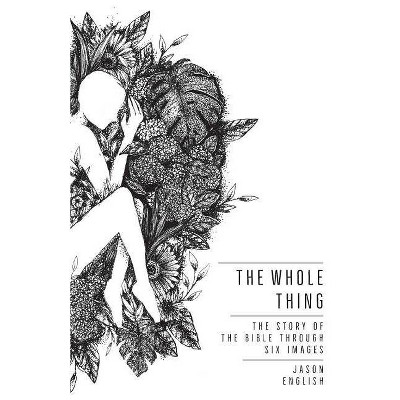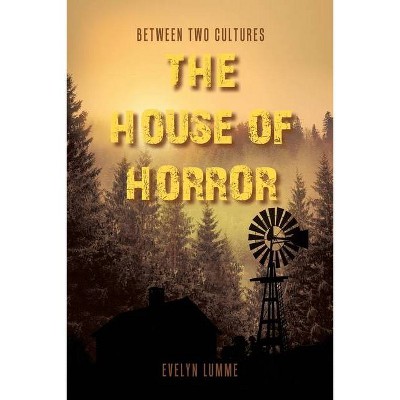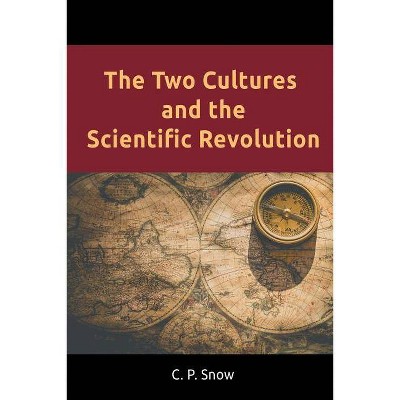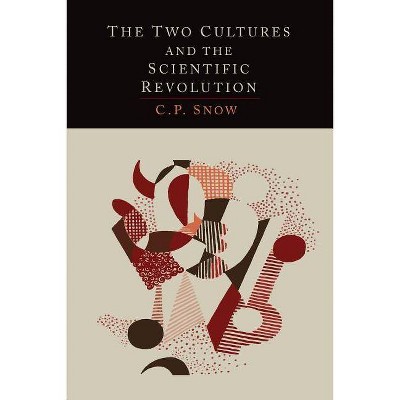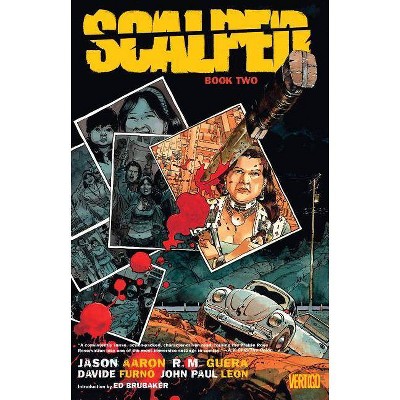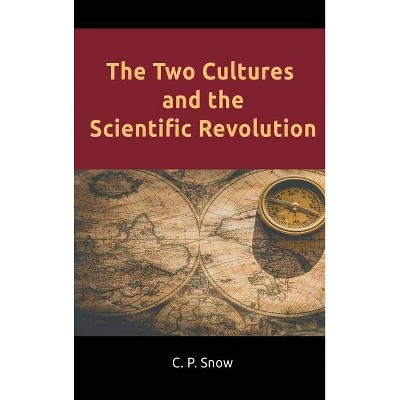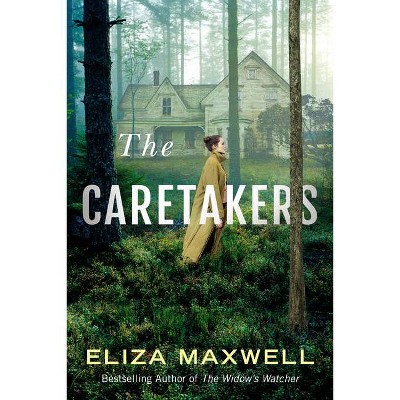The Two Cultures of English - by Jason Maxwell (Paperback)
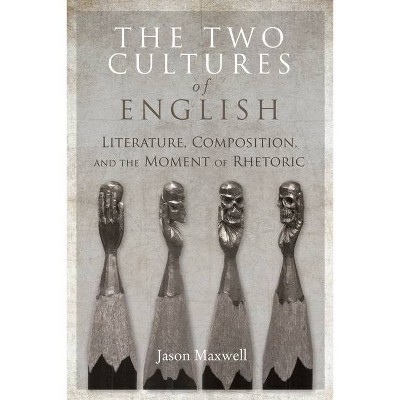
Similar Products
Products of same category from the store
AllProduct info
<p/><br></br><p><b> About the Book </b></p></br></br>Vividly written, this text examines the discipline of English in North American universities in the late 20th and early 21st centuries with special attention directed toward the relationship between Rhetoric and Composition and literary theory.<p/><br></br><p><b> Book Synopsis </b></p></br></br><p><i>The Two Cultures of English</i> examines the academic discipline of English in the final decades of the twentieth century and the first years of the new millennium. During this period, longstanding organizational patterns within the discipline were disrupted. With the introduction of French theory into the American academy in the 1960s and 1970s, both literary studies and composition studies experienced a significant reorientation. <p/>The introduction of theory into English studies not only intensified existing tensions between those in literature and those in composition but also produced commonalities among colleagues that had not previously existed. As a result, the various fields within English began to share an increasing number of investments at the same time that institutional conflicts between them became more intense than ever before. <p/>Through careful reconsiderations of some of the key figures who shaped and were shaped by this new landscape--including Michel Foucault, Kenneth Burke, Paul de Man, Fredric Jameson, James Berlin, Susan Miller, John Guillory, and Bruno Latour--the book offers a more comprehensive map of the discipline than is usually understood from the perspective of either literature or composition alone. <p/>Possessing a clear view of the entire discipline is essential today as the contemporary corporate university pushes English studies to abandon its liberal arts tradition and embrace a more vocational curriculum. This book provides important conceptual tools for responding to and resisting in this environment.</p><p/><br></br><p><b> From the Back Cover </b></p></br></br><p><i>"The Two Cultures of English</i> takes a new look at the rise of theory in literary studies. Despite myriad claims about breaking down boundaries, theory also enforced some, generally taking the mantle of pure thought in contrast to the practical work of composition. Maxwell focuses on how both met on the terrain of rhetoric. It is one of the first studies that puts the two together in a sustained way, versed in both literary and composition scholarship. Reassessing the recent past, <i>The Two Cultures</i> is an excellent addition to new histories of criticism and theory."--Jeffrey J. Williams, author of <i>How to Be an Intellectual: Essays on Criticism, Culture, and the University</i> <p/><i>The Two Cultures of English</i> examines the academic discipline of English in the final decades of the twentieth century and the first years of the new millennium. During this period, longstanding organizational patterns within the discipline were disrupted. With the introduction of French theory into the American academy in the 1960s and 1970s, both literary studies and composition studies experienced a significant reorientation. <p/>The introduction of theory into English Studies not only intensified existing tensions between those in literature and those in composition but also produced commonalities among colleagues that had not previously existed. As a result, the various fields within English began to share an increasing number of investments at the same time that institutional conflicts between them became more intense than ever before. <p/>Through careful reconsiderations of some of the key figures that shaped and were shaped by this new landscape--including Michel Foucault, Kenneth Burke, Paul de Man, Fredric Jameson, James Berlin, Susan Miller, John Guillory, and Bruno Latour--the book offers a more comprehensive map of the discipline than is usually understood from the perspective of either literature or composition alone. <p/>Possessing a clear view of the entire discipline is essential today as the contemporary corporate university pushes English Studies to abandon its liberal arts tradition and embrace a more vocational curriculum. This book provides important conceptual tools for responding and resisting in this environment. <p/><b>Jason Maxwell</b> is Clinical Assistant Professor of English at the University at Buffalo. He is co-author, with Claire Colebrook, of <i>Agamben</i> (Polity, 2016).</p><p/><br></br><p><b> Review Quotes </b></p></br></br><br>[Maxwell] provides nuanced and surprising (albeit complex) insights... Highly recommended.-- "Choice"<br><br>Teachers, students, and anyone else interested in the study of literature, rhetoric, and composition should find <i>The Two Cultures of English: </i><i>Literature, Composition, and the </i><i>Moment of Rhetoric </i>a good read.-- "Technical Communication"<br><br><i>The Two Cultures of English</i> takes a new look at the rise of theory in literary studies. Despite myriad claims about breaking down boundaries, theory also enforced some, generally taking the mantle of pure thought in contrast to the practical work of composition. Maxwell focuses on how both met on the terrain of rhetoric. It is one of the first studies that puts the two together in a sustained way, versed in both literary and composition scholarship. Reassessing the recent past, <i>The Two Cultures</i> is an excellent addition to new histories of criticism and theory.<b>---Jeffrey J. Williams, author of How to Be an Intellectual: Essays on Criticism, Culture, and the University, <i></i></b><br><p/><br></br><p><b> About the Author </b></p></br></br><b>Jason Maxwell </b>is Clinical Assistant Professor of English at the University at Buffalo. He is co-author, with Claire Colebrook, of <i>Agamben </i>(Polity, 2016).
Price History
Price Archive shows prices from various stores, lets you see history and find the cheapest. There is no actual sale on the website. For all support, inquiry and suggestion messagescommunication@pricearchive.us
